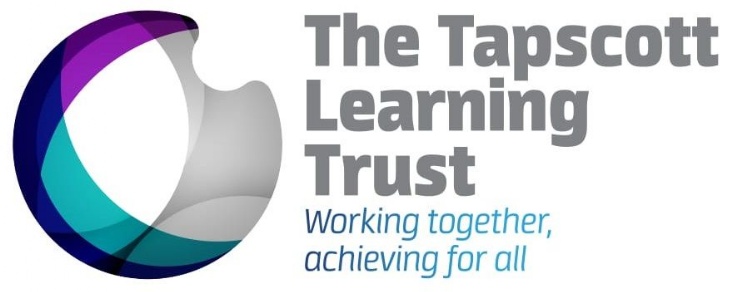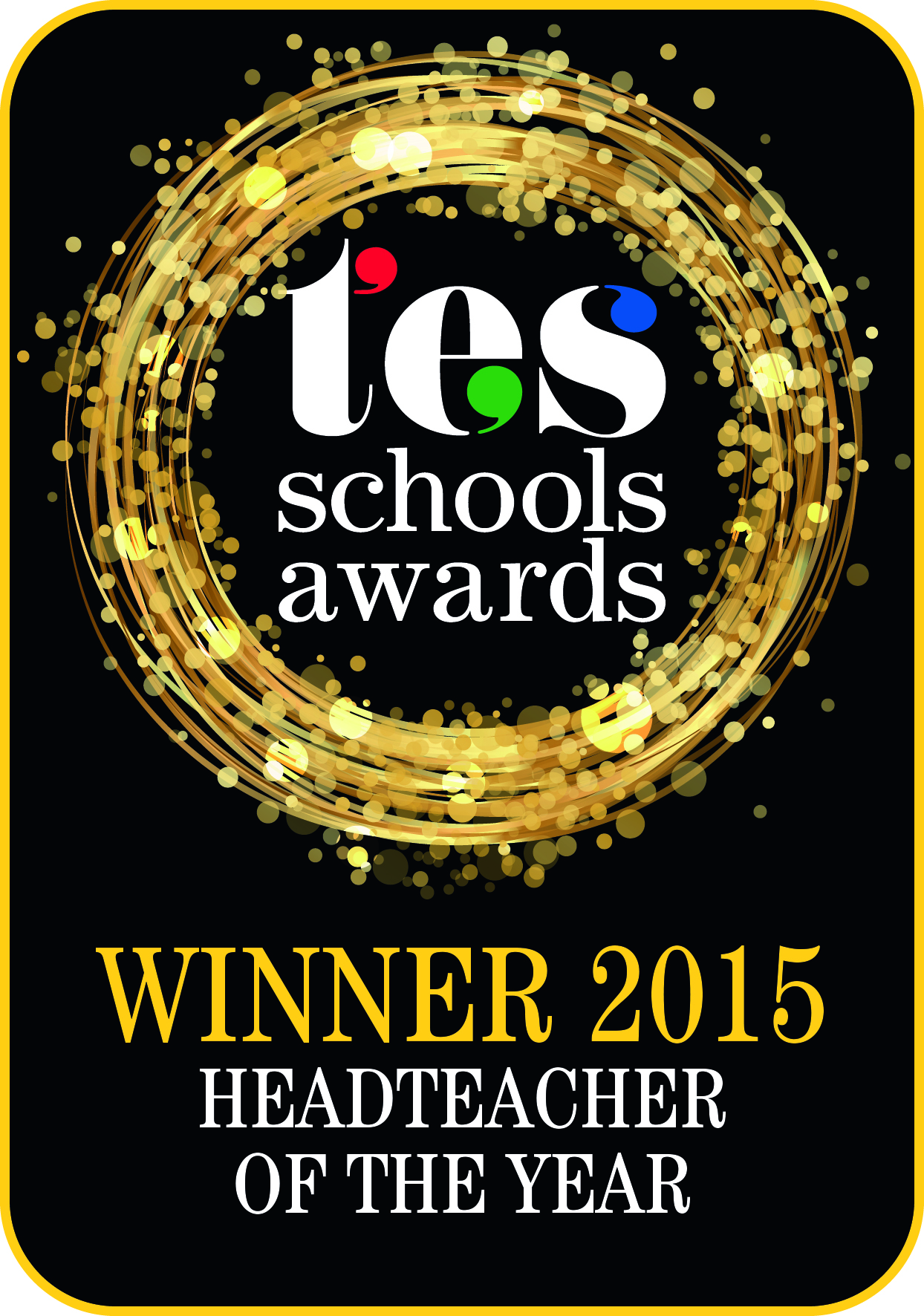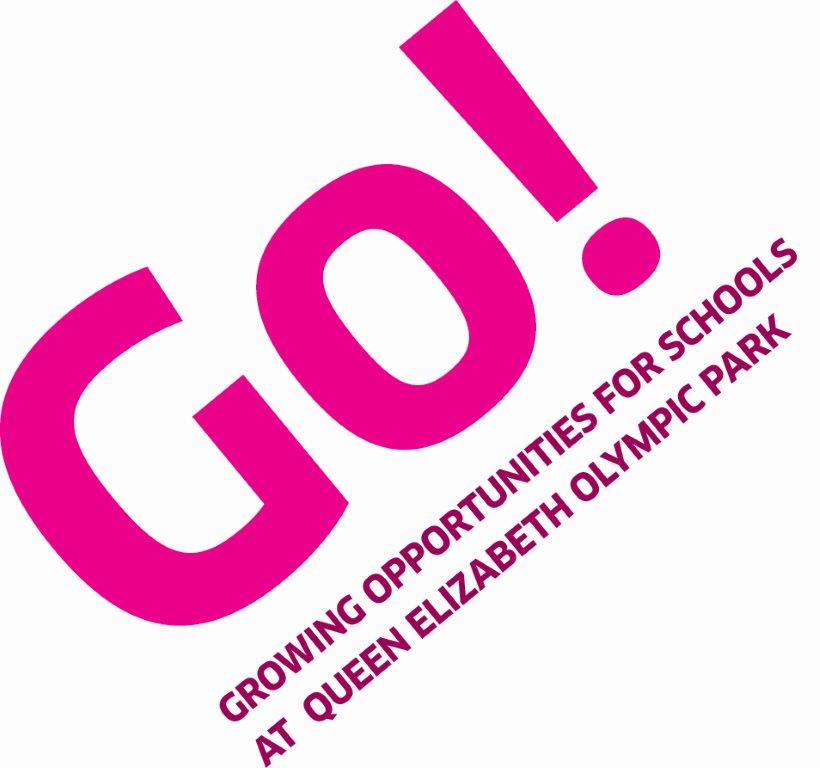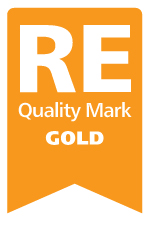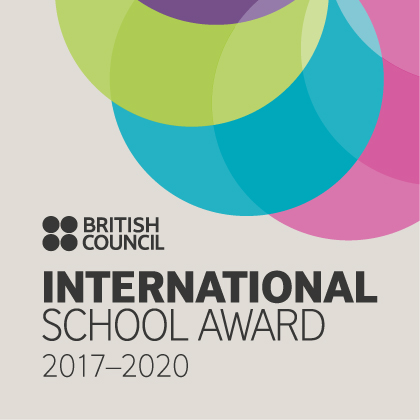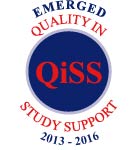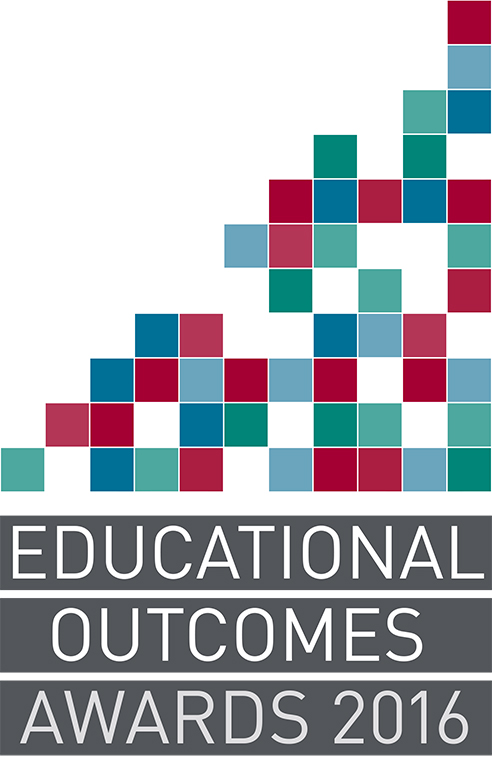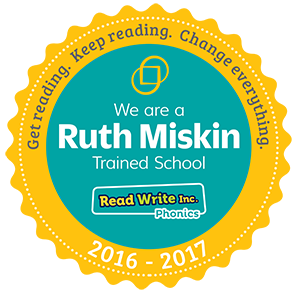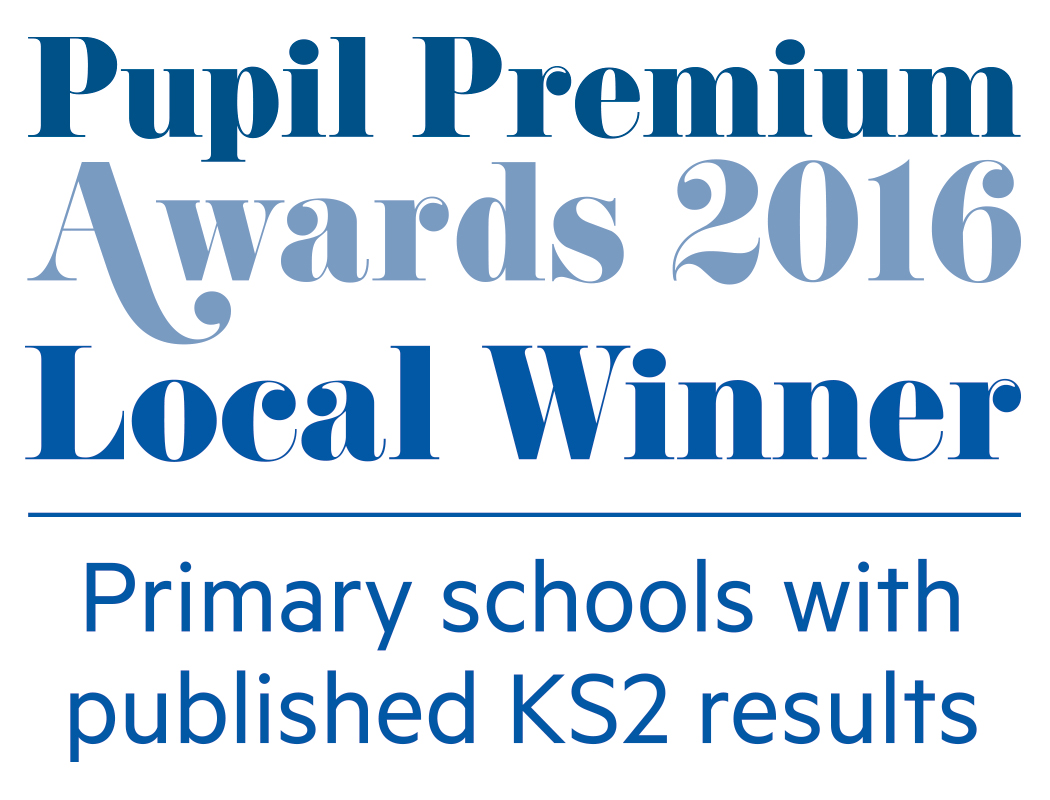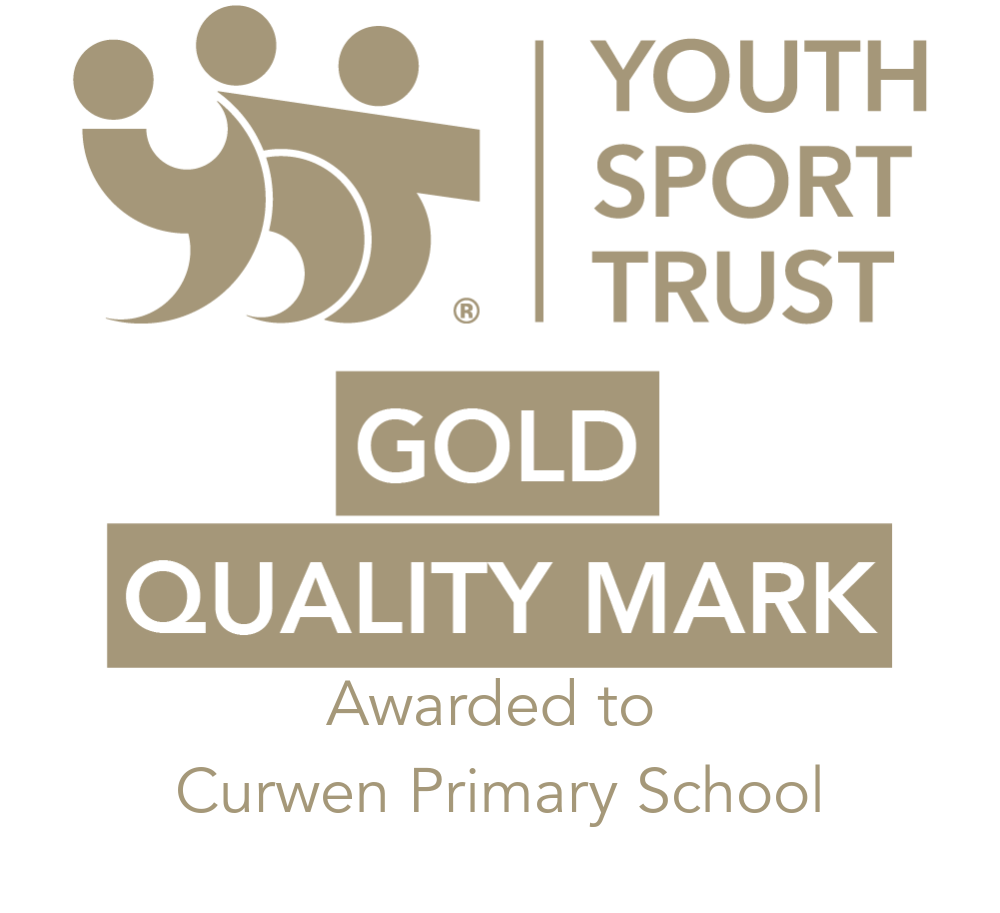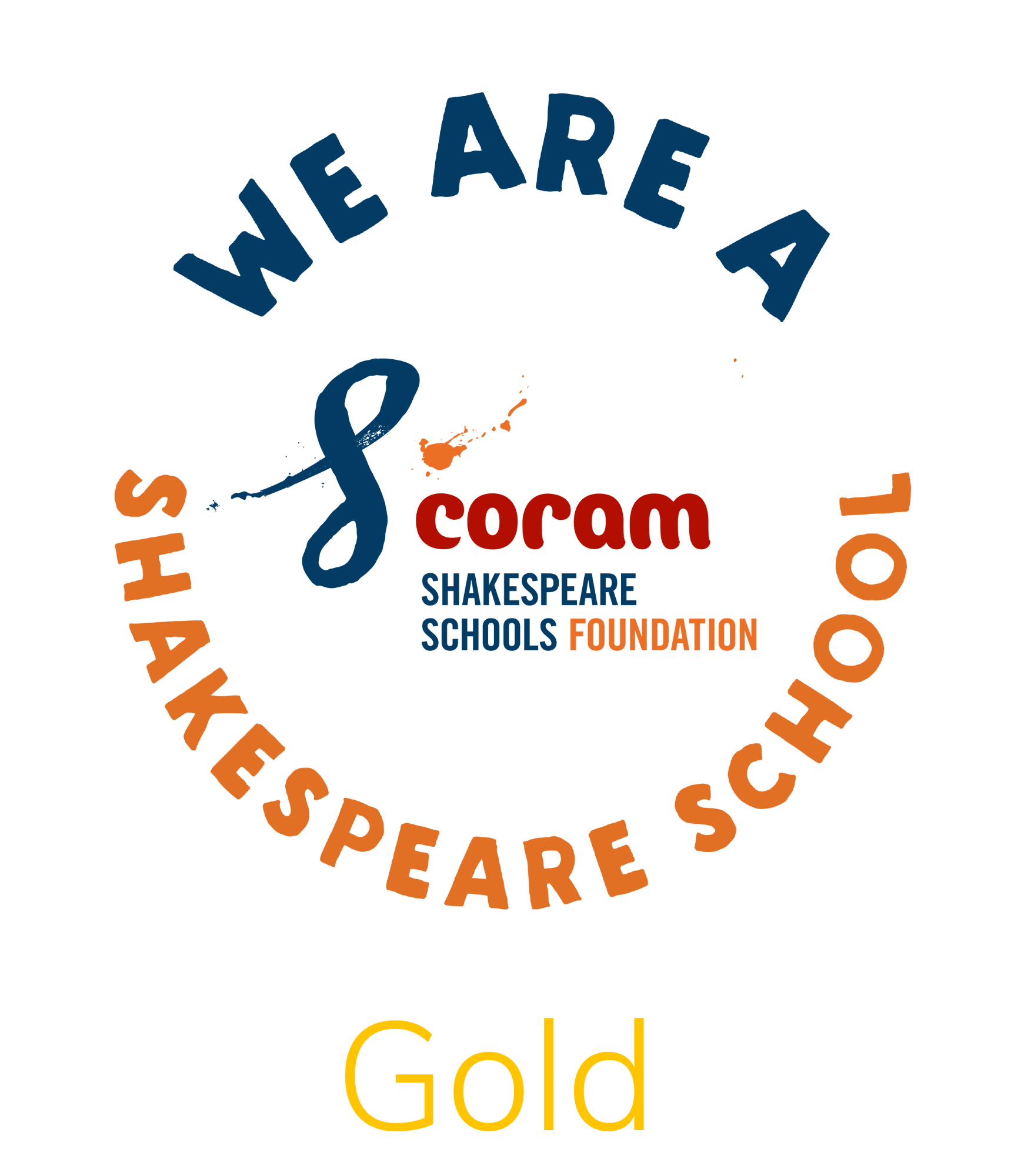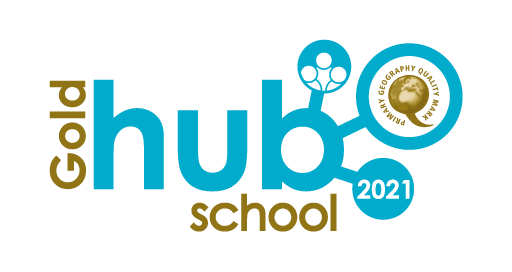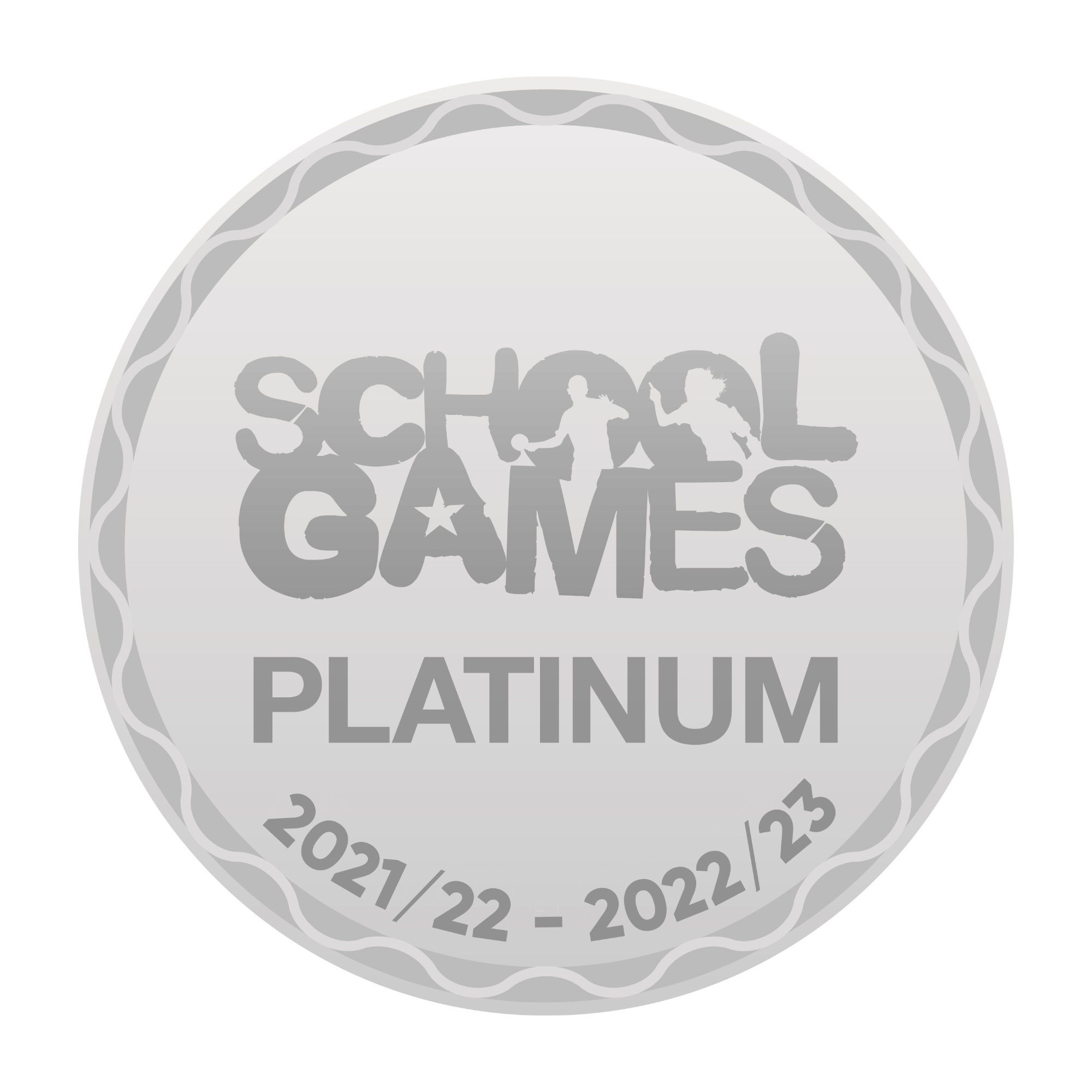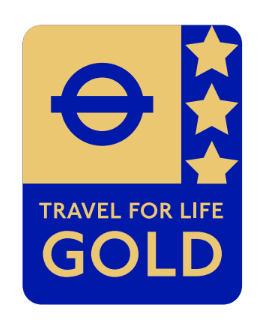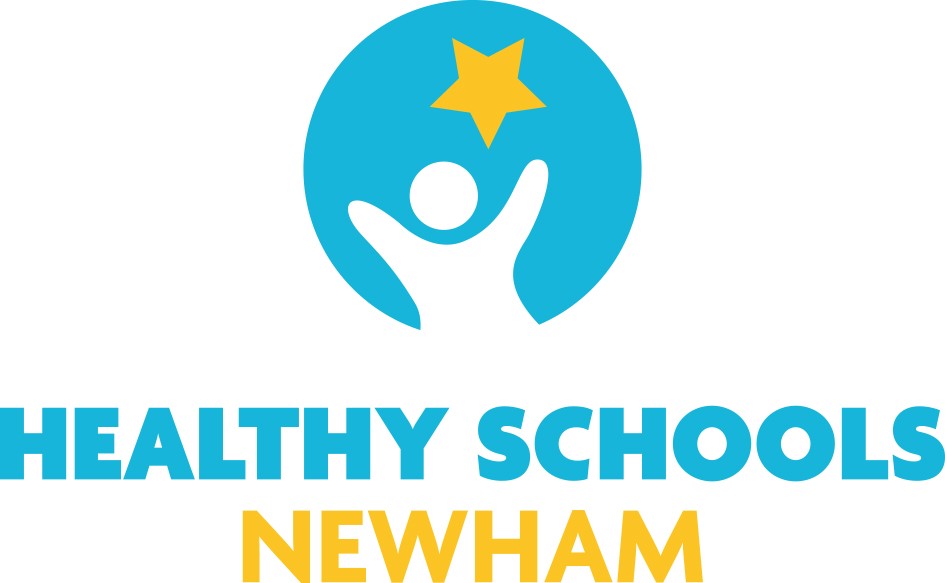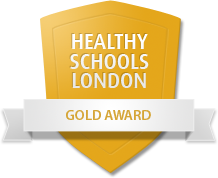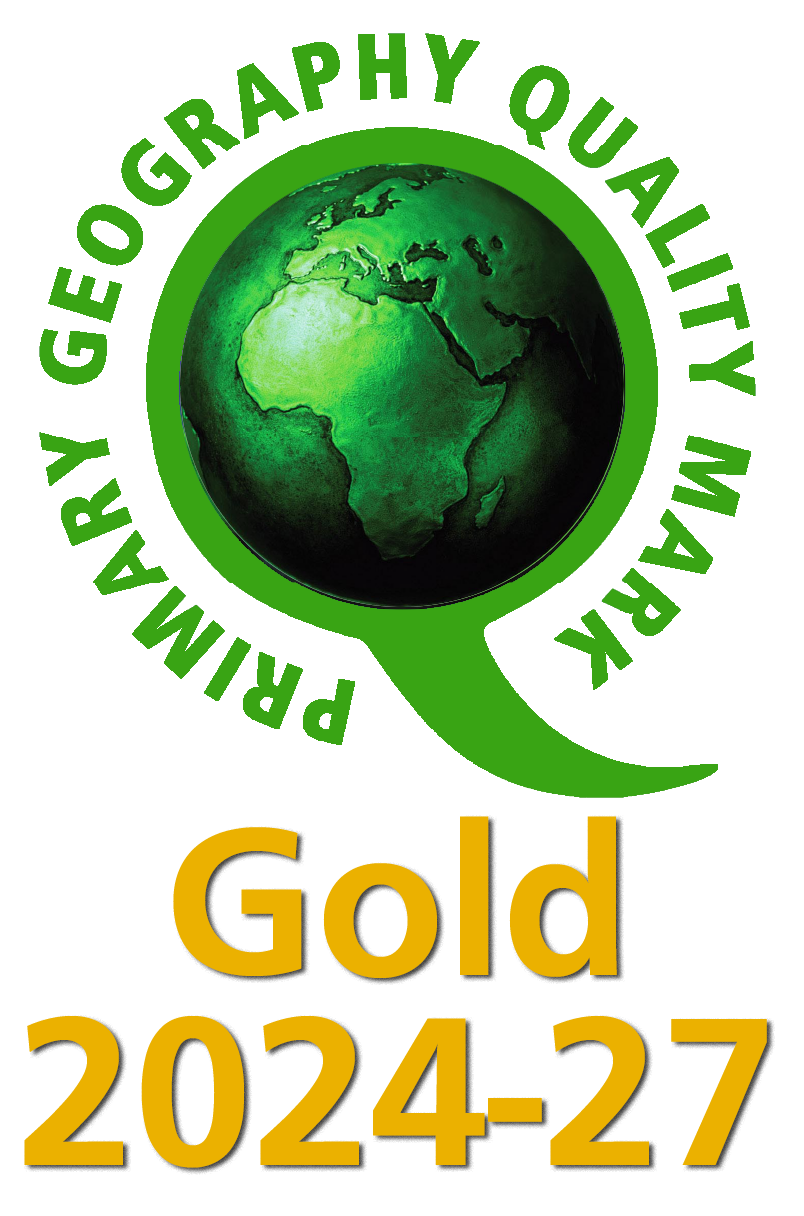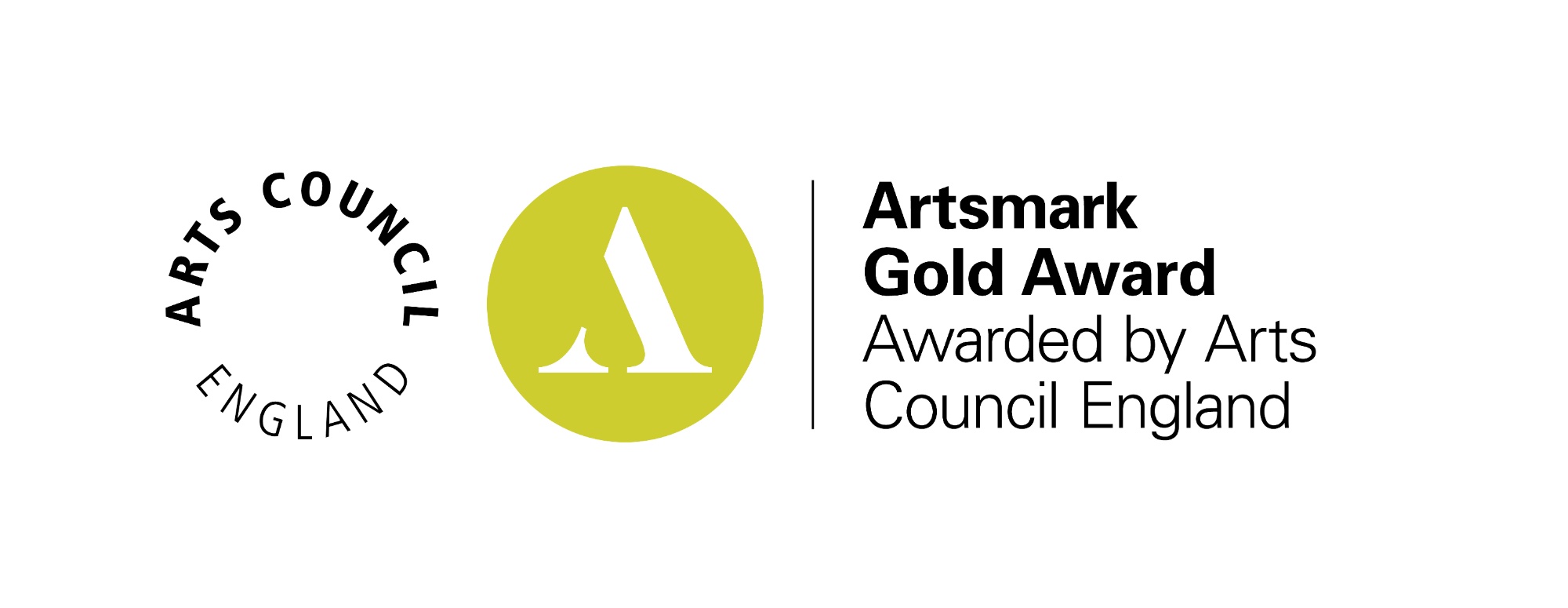History
History at Curwen is exciting and engaging. Children are given the opportunity to learn about a range of ancient civilisations as well as their local area and how it has been impacted by major events. During lessons, pupils use historical skills to help build their knowledge and enrich their scope of things that happened in the past and how these have shaped their lives, how they are currently the makers of the history that will be studied tomorrow and the current affairs affecting their lives. They explore sources, ponder chronology and ask a range of historical questions to deepen their understanding of the world around them.
Our vision for History is to create a learning environment which encourages the development of the skills of critical thinking and asking questions to develop perspective and judgement. We seek to ensure children have an understanding of the past and how it impacts their present reality, and know how History will shape their future. We also aim to ensure that children are aware that they are actively involved in creating History through their responses to life events and current affairs.
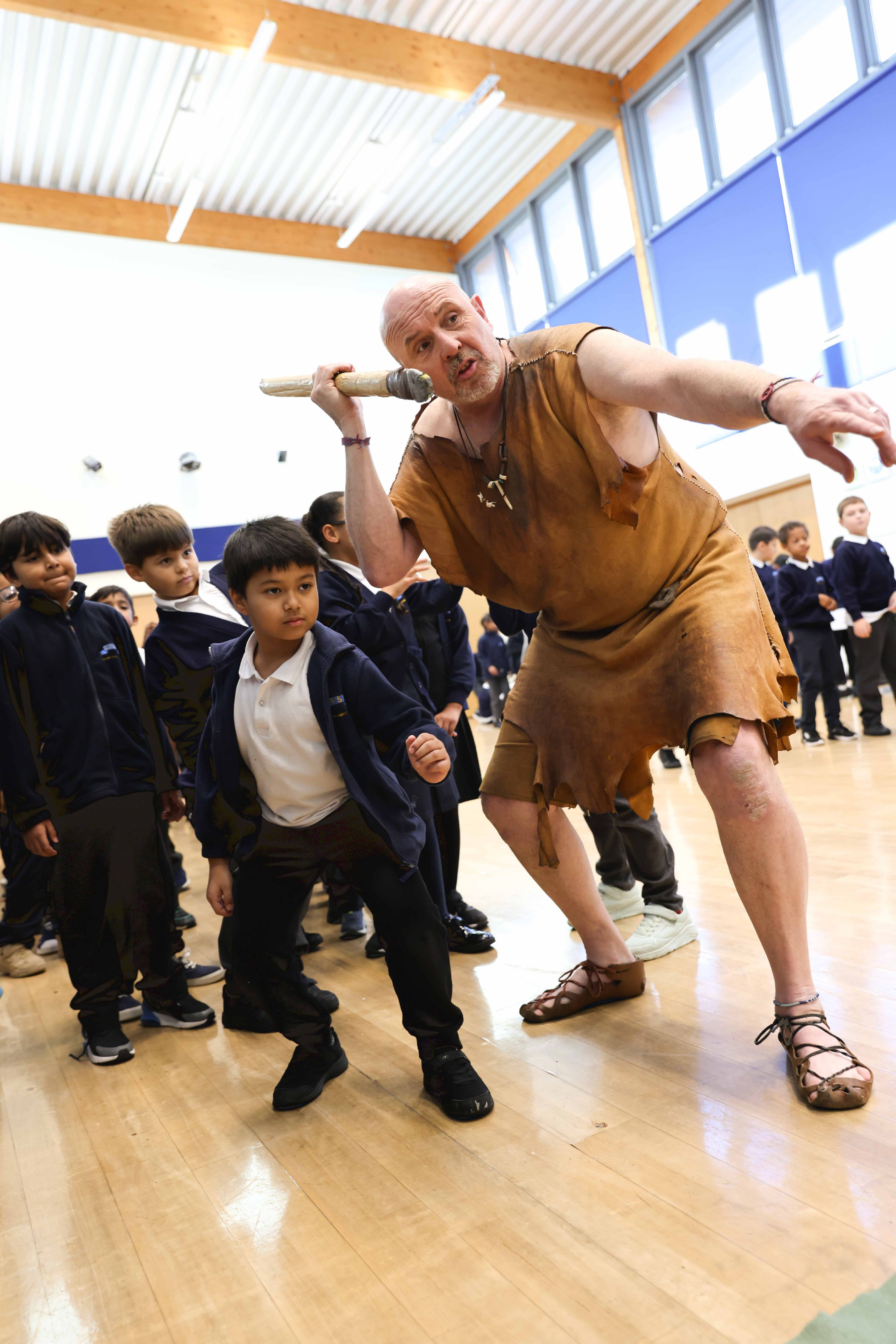

Key Names and Dates
- Queen Victoria gave Epping Forest to the public in 1882.
- The Great Fire of London lasted from Sunday, 2 September to Wednesday, 5 September 1666 in a baker's shop belonging to Thomas Farynor. Samuel Pepys kept a diary of the fire.
- Ancient Egypt was from 6000BC to about 300 BC. Tutankhamun was an Egyptian pharaoh (King) whose tomb was found in the pyramids. Many discoveries are still being made about the lives of Egyptian Pharaohs.
- ‘Benin’ is in ancient West Africa. Children are learning about it because it covers the same period of time as the last British history topic children will have learnt. This allows children to think, ‘What was happening elsewhere in the world when the battle of Hastings was being fought by the last Saxon king’?
- Ancient Greece was from about 800BC to 150 BC. The first Olympic Games were held in 776 BC. In 146 BC, Rome conquered Greece. Greece became part of the Roman Empire. Children are able to explore how this major event – the Olympics - began.
- WW2 was from 1939-1945. May 8th 1945, was the date the Allies celebrated the defeat of Nazi Germany and the end of Adolf Hitler and World War 2.

What will the children be learning?
- How to use the internet and other digital sources and simulations to find out about topics in history
- How topics covered have influenced children’s own locality, the UK and beyond
- Significant historical events, people and places in their own locality
- The lives of significant individuals in the past who have contributed to national and international achievements.
- Progression through History of Britain from early Britons to Edward the Confessor
How can you help your child?
- Help them to research topics using the internet, BugClub, Espresso or books at the library.
- Ask questions about key names and dates that are important to their topic
- Ask them to tell you how the topic they are learning relates to/ differs from/ has influenced our locality and how we are today.
- Visit free museums in London to see galleries to do with what they are learning or whatever sparks their interest!
|
During international week, we are able to showcase our culture and learn about the culture of others. Understanding my family tree helps me to affirm my sense of identity, and understanding about someone else's culture helps me to appreciate our diversity. International week is a celebration of how multicultural Curwen is! |
|
Educational visits enrich our learning of different civilisations.
|





